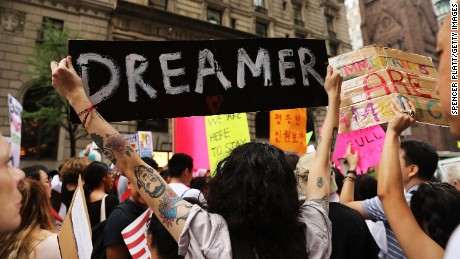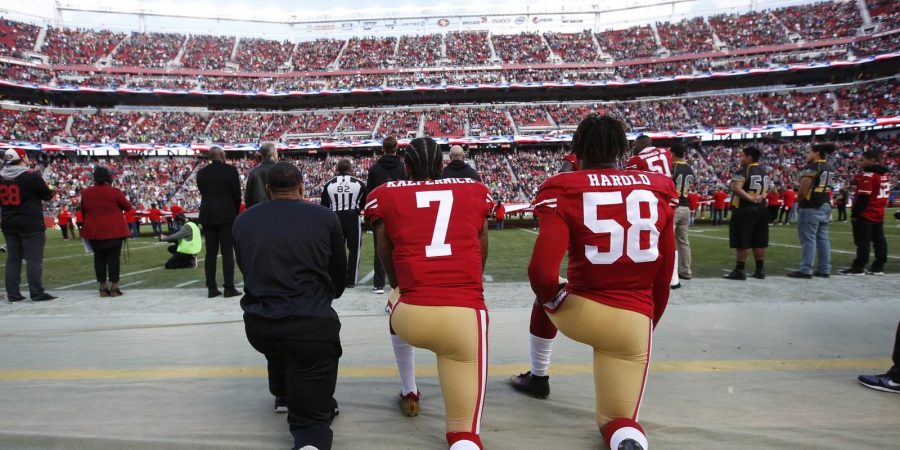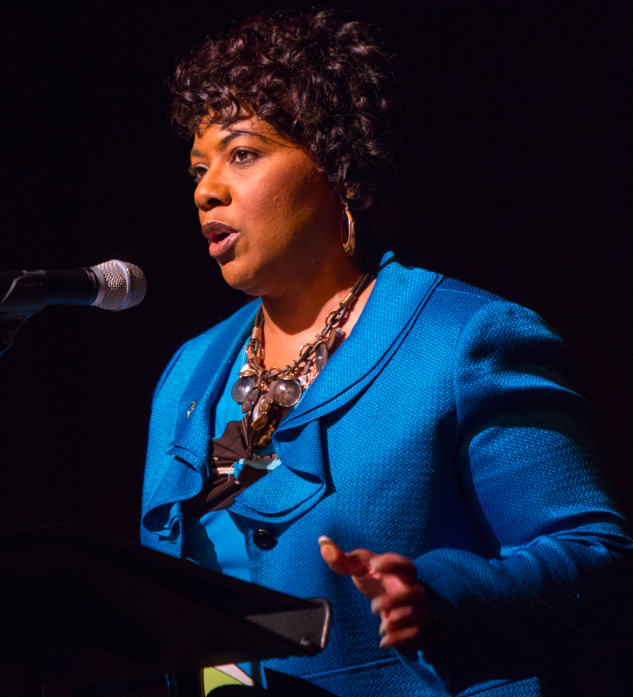By Kallie Gregg
Staff Writer

After the canceling of a sold-out international friendly match and several weeks of back and forth, the Danish Women’s National Football Team struck a temporary, tentative agreement with the national federation (DBU) to continue their World Cup qualifying campaign.
Although Denmark defeated Hungary 6-1 in last Tuesday’s qualifier, the contest was in doubt until late Monday evening. Previously, the DBU refunded tickets to a highly-anticipated exhibition match against the Netherlands due to players’ refusal to participate.
The Danish team is an emerging force in European women’s football, reaching the final of the European Championship tournament this summer (where they lost 4-2 to the Netherlands and won 1 million Euros in prize money). When considering the future, the DBU has publicly stated their goals of reaching at least the semifinals of the 2019 World Cup and qualifying for the 2020 Olympics. However, if those milestones are to be achieved, the wage dispute must first be resolved.
Despite an average of 70 days per year on duty, members of the Danish team are not considered employees of the DBU while they represent the national team in tournaments or friendlies. Instead, they remain contracted with professional clubs and are paid approximately 300 Euros by the DBU per game per tournament. During friendly matches, players are not paid.
This current setup represents a problem for players who lack a professional contract: 300 Euros per competitive game is not a living wage.
The team, backed by the Spillerforeningen (national player’s union,) is negotiating for a steady monthly fee of approximately 1,000 Euros. Other points of contention in the discussion include an improvement to training facilities and the implementation of a health insurance program.
The Danish team are not the first to speak out against the current system for professional female football players. This year, the Irish and Scottish national teams also resolved labor disputes after threatening to suspend qualification campaigns until a wage system was put into place.
Outside of Europe, the United States contingent (USWNT) reached a collective bargaining agreement with the American federation in April of this year, after a bitter and often public arbitration process. The USWNT sought compensation comparable to the men’s side and refused to continue playing matches on unsafe turf surfaces, which can be hazardous to athletes and greatly effects the run of play.
Several USWNT players took to Twitter to express support for the Danish team’s position. Forward Alex Morgan wrote, “We stand w/ the #denwnt in their fight to #changethegame and urge the DBU to bridge the gap so WCQ play can resume. Share and show support!”
Additionally, the Danish men’s national team agree with the women’s position. They have asked the DBU to redistribute approximately 60,000 Euros from their yearly allocation and put it towards wages for the women’s team instead.
“Women must not have inferior rights to us,” men’s captain Simon Kjaer told FIFPro last week.
In a survey conducted by FIFPro this year, the organization found that out of 3,300 national team players from 33 different countries, approximately 35% do not receive any financial compensation from their national federation.














